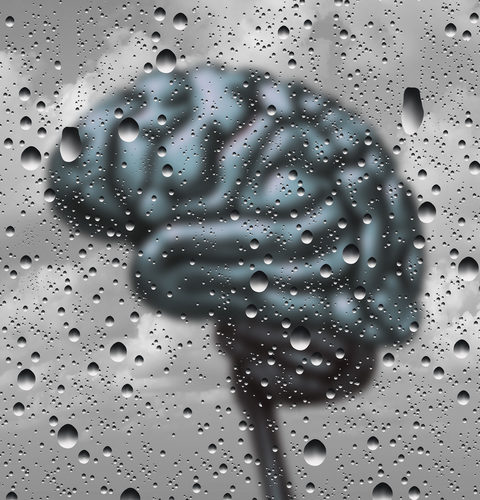You may have heard both “opiate” and “opioid” used to refer to this class of drugs, but there is a key difference between these two terms. Opiate refers only to drugs derived directly from the opium poppy plant, like morphine and codeine; opioid is a broader classification that applies to any drug that has opiate-like effects in the brain, including synthesized drugs like OxyCodone, Percocet, Vicodin, fentanyl and heroin.
Abuse of prescription opiate and opioid drugs has reached epidemic levels in the United States. Activists, healthcare professionals and government officials have all begun to address the problem, which has been steadily growing in the last decade. As of 2015, abuse of these drugs was second only to marijuana misuse, with about 12.5 million people reporting having taken prescription opioids for recreational purposes in the last month. These drugs are known to be highly addictive since tolerance can build quickly and withdrawal symptoms can appear after limited use.
OPIATE AND OPIOID ADDICTION IN THE BRAIN AND BODY
Your brain has specific areas that are equipped to interact with opioid chemicals because your body produces natural opioids to help control pain, pleasure and mood. Endorphins, for example, are a commonly known substance produced by the body to help you feel good — these have similar chemical structures to opioid drugs. When you take opiates or opioids, though, the effects on your brain are much stronger than your body’s natural responses. Recurring use of opiates and opioids, even for a short time, causes your brain to become accustomed to the more potent response. Your natural opioids can become insufficient to help you manage day-to-day functions, and you will begin to experience withdrawal symptoms like anxiety, mood swings, depression, headaches and cravings.
The biggest danger of opioid addiction is the way that these drugs affect your body while you are high. Opioids can slow your heart rate to dangerously low levels, especially if you build a tolerance to the drug and begin to take higher doses. Many deaths due to opioid overdoses occur because a user’s heart slows to the point of heart failure, particularly when opioids are combined with other psychoactive substances like alcohol or marijuana. Long-term abuse of opioids can result in increased sensitivity to pain, impaired motor skills, circulatory problems and sleep disorders.


TREATING OPIATE AND OPIOID ADDICTION
Withdrawal from opiates and opioids is painful, and prolonged abuse of these drugs can lead to symptoms that last for months. Most people in recovery from opiate and opioid addiction will require a medically-assisted detox using carefully controlled prescription medications, and will also require close monitoring and long-term planning to reduce the chances of relapse. Recovering from opiate and opioid addiction is best accomplished with a combination of clinical care and mental health therapy. This approach ensures that detox and withdrawal are manageable and that the person in recovery has a support system in place to help them stay sober.
At the Springboard Center in Midland, TX, we are prepared to assist you with your recovery from opiate and opioid addiction. Our highly-qualified and caring staff are equipped to provide medical care and therapy services, ensuring a seamless transition from detox to long-term recovery. We know that everyone’s path to recovery is different, so our programs are designed to fit your needs and lifestyle. Our customizable programs include:
- Residential treatment
- Intensive outpatient treatment
- Medically-assisted detox
- Treatment for co-occurring addictions
- Individual and group therapy
We want to make it simple for you to follow your treatment plan so that you can transition back into daily life substance-free. We are ready to work with you to help you find recovery without relapse, starting from your physical recovery and continuing into regular therapy and support group sessions that will help you stay on track.
CONTACT THE SPRINGBOARD CENTER
Springboard is proud to be the premier addiction treatment center for the Permian Basin region of Texas, New Mexico and Oklahoma. We treat men and women over the age of 18 for addiction to drugs and alcohol, and we can offer medically-assisted detox at our facility and in partnership with local healthcare centers. If you or your loved one is struggling with addiction, contact us to find out if our programs are right for you. Call us today at our office in Midland, TX 432-620-0255 to learn more about the resources available to you during your recovery.

